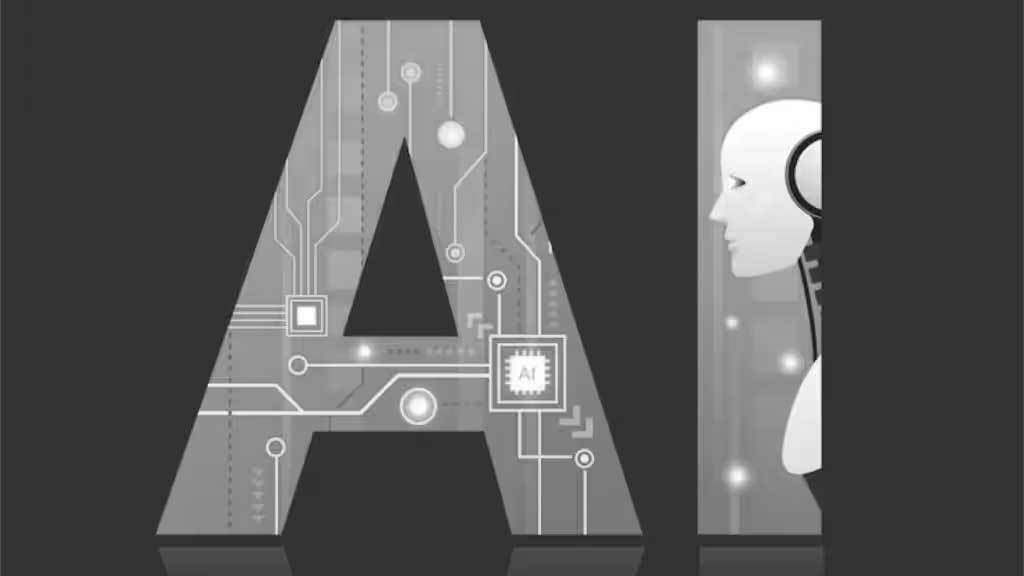Ethical AI solutions can lead to more equitable outcomes
Artificial Intelligence (AI) based tools are increasingly being recognised as necessary for transformation of business and governance in all sectors of the economy. However, there are concerns about the likely impact of AI on the economic gap that exists between the haves and the have-nots, particularly in the developing nations where the gap is already significant.
AI solutions are built around how data is accessed and utilised. Data models that exclude those segments of the society who have limited access due to the digital divide, would mean decisions made in favour of the segment with higher access to the internet. Those who converse in minority languages would also be subjected to suboptimal data models not representative of their profiles.
Demographic dividend has been considered to be an asset for nations until recently and countries like India have been hoping to reap advantages from the young labour force. However with AI, there would be loss of certain types of jobs, particularly those that are repetitive in nature leading to potential increase in wealth gaps. Further, several of the new jobs would require digital and AI skills. Therefore, access to education that could create these capabilities becomes extremely important.
The effect of AI solutions on society would be determined by how governments, business and citizens respond to the challenges and opportunities arising out of AI adoption. We need to prioritise inclusive AI development leading to more equitable outcomes. In anticipation of loss of jobs in certain sectors, labour should be provided with training to acquire alternate skills. With the view to bridge the economic gap, AI solutions should be focused on enhancing financial inclusion by providing better access to banking and financial services.
Building and implementing ethical solutions by actively engaging with the community members would be important to share the benefits more equitably. Developing countries start off with the economic disadvantage and are also forced to deal with the fallouts from the solutions created in the developed world. Apart from the inequitable growth, developing countries have to bear the brunt of environmental consequences of AI models that are being deployed in the developed nations.
According to a study conducted in 2020, AI could help achieve 79% of the sustainable development goals. Thus improvement of sanitation, access to clean water and better medical care would all contribute to the betterment of the disadvantaged sections of the society.
In order to make this possible, there are some building blocks that are critical for realising success from AI models. Sound infrastructure, a thriving innovation ecosystem, excellent education system, access to emerging tools and technologies and talent to design and implement the solutions would be the critical success factors for every nation.
Originally appeared in Financial Express


